Philippe Fimmers,
Eight international
READ MORE
“Creativity was made investable”
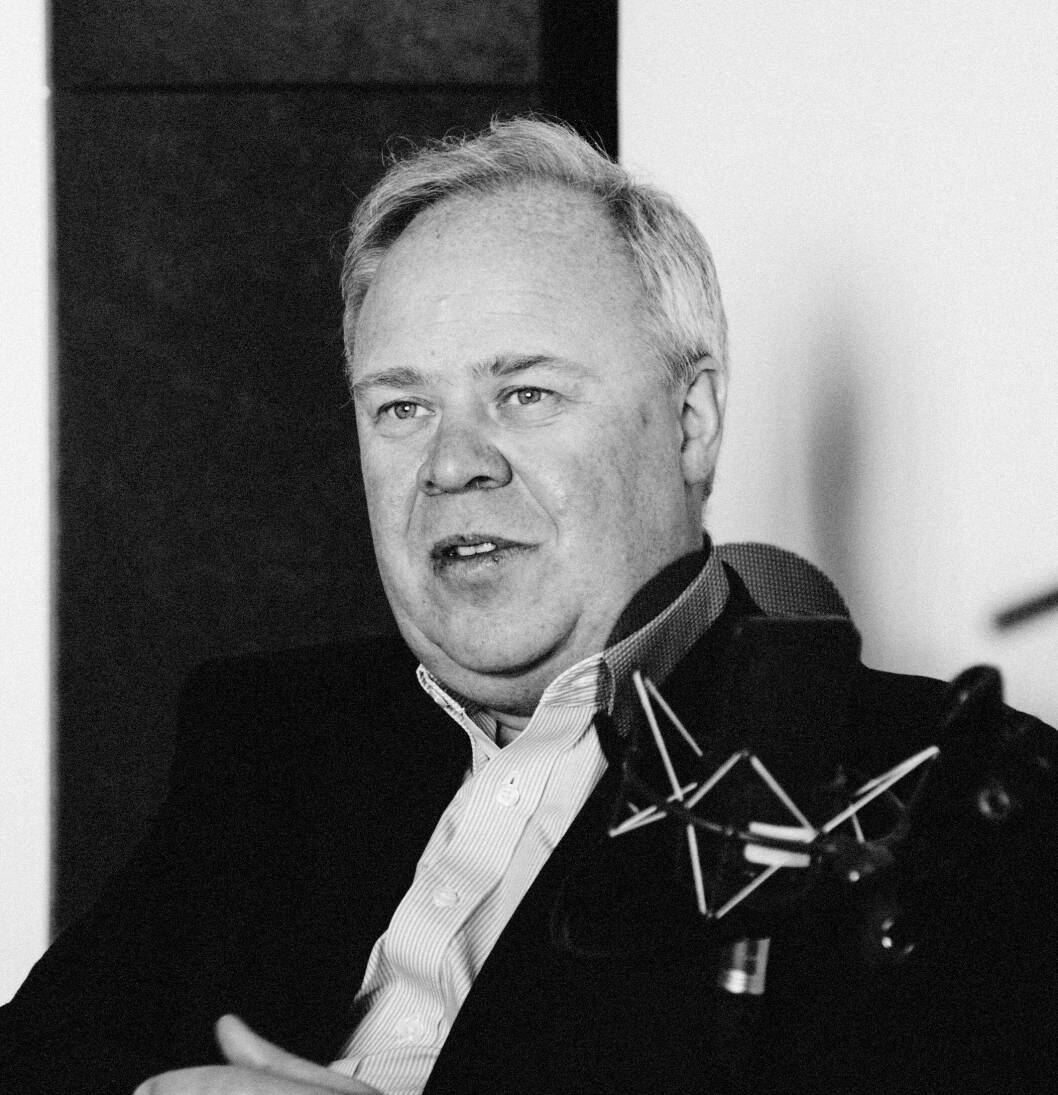

Comments, feedback or
suggestions?
Please contact us.
READ MORE
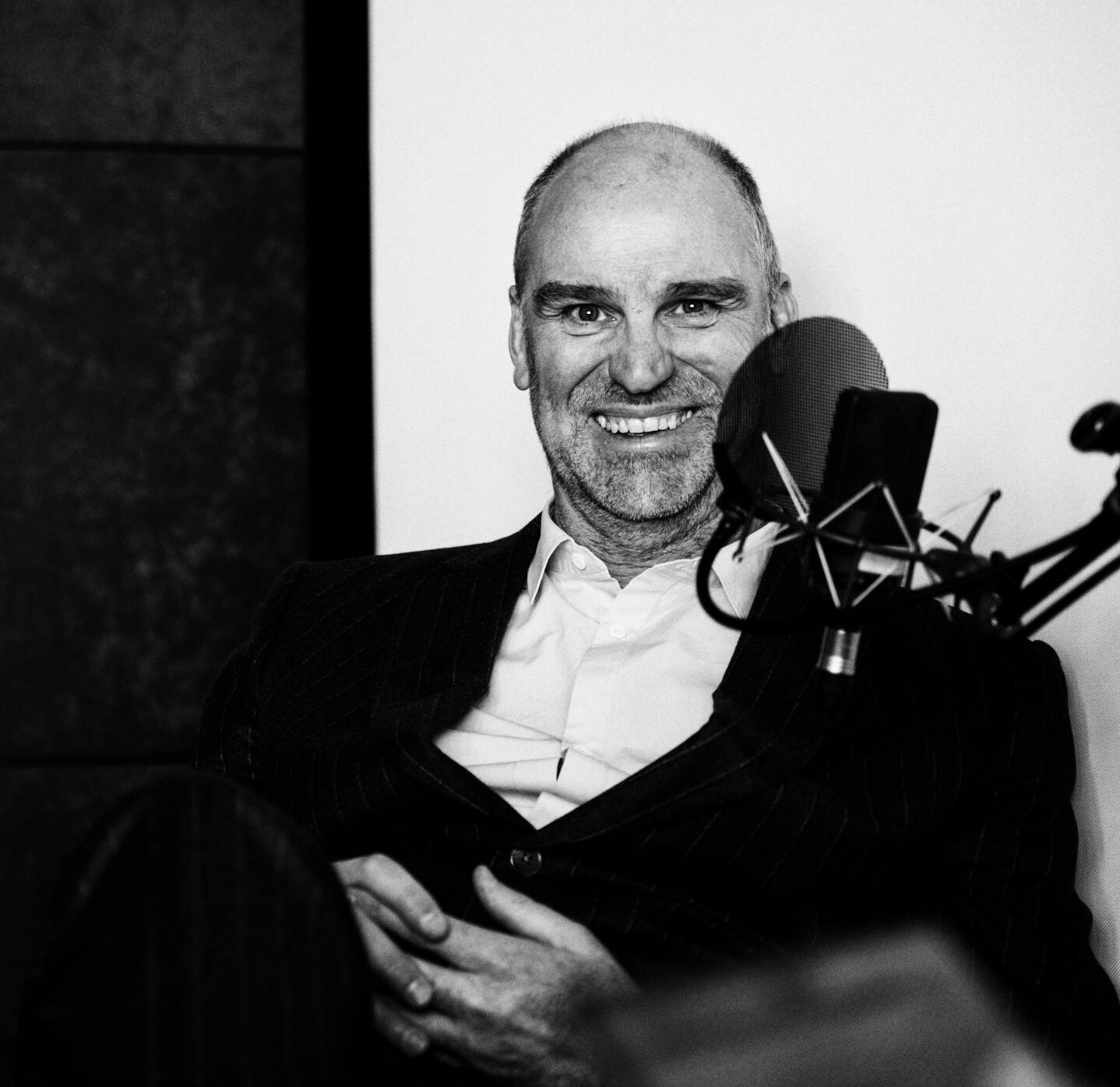
HANS BOURLON, CEO STUDIO 100
The sequel to sustainability
Global value creation stories

41 min. Dutch spoken
The story behind the transaction between Studio 100 and 3d investors
Rationalizing intuition.
Making the impossible possible.
PODCAST
READ MORE
Frank Donck, managing partner of 3d investors
“It’s all about the long term.”
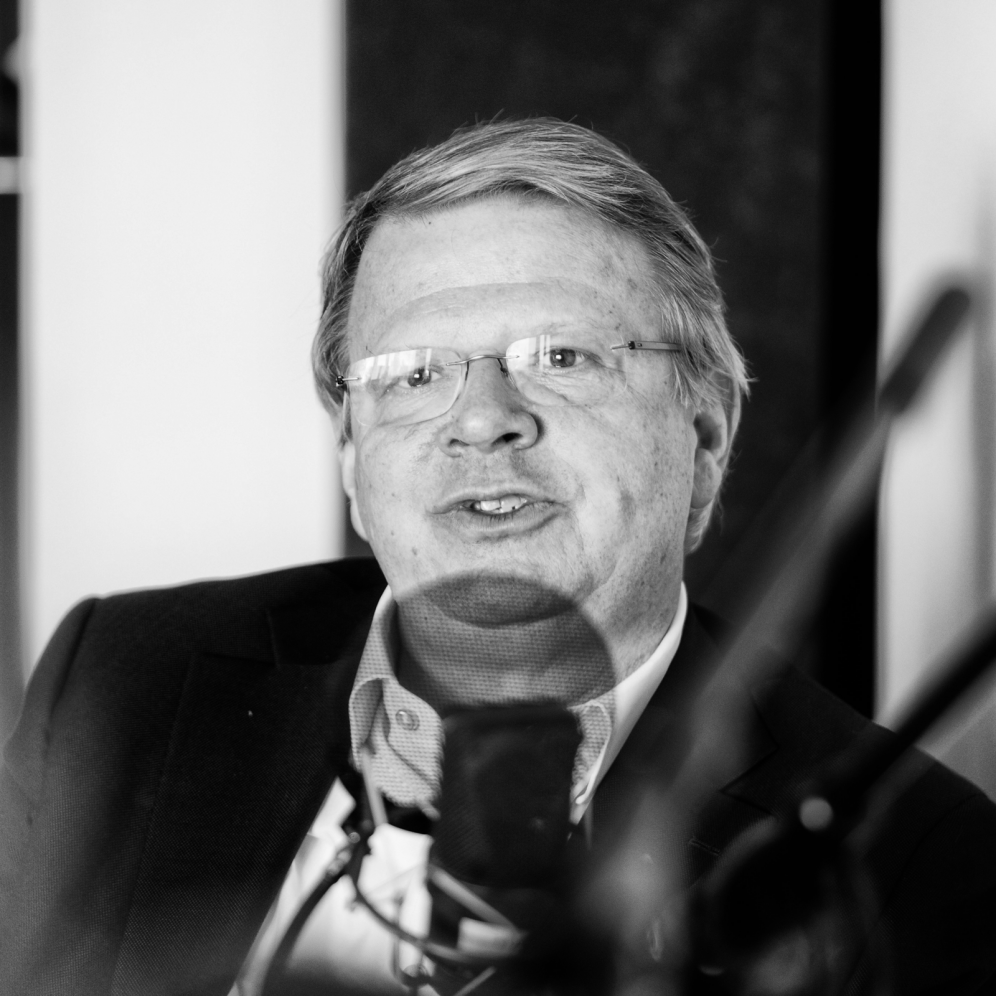
Related articles
The secret sauce of any successful financial consultancy is to build trusting relationships with clients by providing excellent advice based on an analysis of data. But two headwinds challenge that model. One, data-based decision-making misses the wisdom and innovative thinking that comes from intuition. Two, as AI makes more of our decisions, and we continue to expect the same speed and regurgitation of facts from each other as we do from Google searches, we’ll miss the opportunity for authentic, thoughtful, meaningful exchange.
EXPERT VIEW - DEAN NEWLUND
Rationalizing intuition
Corporate website
©2023 Eight International

Creativity and intuition are byproducts of one another. And, with left-brain data dominating education, politics, media, boardrooms, and breakrooms, a whole new approach is needed to solve the world’s problems. Leaders from financial consultancies and all industries must build awareness and skill around the three Ps. And when they do, work will become a place to express one’s ideas fully without fear of rejection, and businesses can solve big problems and provide more value, to more people, more quickly.
Conclusion
“The intuitive mind is a sacred gift, and the rational mind is a faithful servant. We have created a society that honors the servant and has forgotten the gift.” – Albert Einstein
If we don’t bring more intuition into businesses, we’ll see increased depression, helplessness, and frustration, soothed only by our phones bleeping “like” notifications. We’ll fill the void by acquiring stuff, keeping in mind that, as Jacob Needleman explains in The American Soul, “materialism is a disease of the mind starved for new ideas.”
The secret sauce for any financial consultancy will continue to be centered around advising their clients with the help of data analysis. In the future, however, they’ll weather the headwinds of data addiction and an overreliance on AI by trusting and nurturing the most human of characteristics: intuition.
The benefits of rational intuition
Today, our biggest challenges are not healthcare, poverty, political division, or even climate change – our biggest challenges are within ourselves: getting out of our own way, and finding and trusting our authentic, “intuitive” voice. With intuition, we make better decisions by accessing vast amounts of information and experience. We forge real connections with one another by profoundly listening. And we creatively solve our most significant challenges by seeing problems from different perspectives.
In A Whole New Mind, Daniel Pink discusses a critical by-product of intuition: creativity. “We are moving from an economy and a society built on the logical, linear, computer-like capabilities of the information age to an economy and a society built on the inventive, empathic, big-picture capability of what’s rising in its place, the Conceptual Age.”
Consider a model I created that links creativity – or play – with intuition. Called the “three Ps of the Intuitive Business Leader,” it’s designed to help leaders identify, trust, and have the courage to use their intuition.
In some organizations, the focus is on making “evidence-based decisions,” where only subject matter experts are allowed to speak up. And while company value statements encourage people to share their ideas, many organizations still dismiss anyone who can’t speak the language of data. Speaking up during a meeting – say with a client – based on no more than a “gut feeling” is often cause for being seen as flaky and unprepared. Sadly, when employees feel the need to keep quiet in overconfident organizations, it can create a company-wide blind spot – with devastating results. Take Blockbuster: it had the opportunity to buy Netflix but passed, and now has just one store standing, in Bend, Oregon. What would have happened if Blockbuster, Blackberry, and Kodak had cultures that valued data and intuition?
Rationalizing intuition
Alden Hayashi asserted in the Harvard Business Review that the higher up one goes in an organization, the greater the need for intuition because it makes leaders better listeners, decision-makers, problem solvers, and innovators.
In 2003, the US Army, which had prescribed a cumbersome decision-making strategy for decades, issued a new doctrine endorsing intuitive decision-making.
The New Jersey Institute of Technology studied the relationship between intuition and business success and found that 80% of executives whose companies’ profits had more than doubled in the past five years had above-average intuition skills.
Steve Jobs said in his biography that intuition is more important than analysis.
And according to the report about the Challenger and Columbia tragedies, “In both cases, engineers’ hunches (intuition) and concerns were disregarded by top management because of the absence of hard data.”
Over the last 30 years, we’ve run into numerous examples of leaders who have benefited by following their intuition:
Against the recommendations of his Board and leadership team members, the CEO of a large thrift retail company developed an innovative idea for a funding and social services organization. Following his intuition, he quickly got others on board and, in two years, built a staff of 30, secured partnerships with professional sports, and won support from the state government.
The new CEO of a healthcare enterprise inherited a culture of low trust, high turnover, and little innovation. Valuing the benefits of intuitive decision-making, he implemented a new team guideline that encouraged people’s hunches or gut feelings in conversations. Looking back, the team identified the introduction of intuition into the boardroom as the moment when the C-suite became a real team.


"Our biggest challenge is getting out of our own way and finding our authentic, intuitive voice."
More of
Dean Newlund on 'the business of intuition'
Today, the speed of change is the slowest it will be for the rest of our lives. To keep up with that pace of change, we need to recognize patterns faster, deepen collaboration, and accelerate learning. We must take intuition out of the closet and into the boardroom.
Data addiction and how fear creates blind spots
In some organizations, the focus is on making “evidence-based decisions,” where only subject matter experts are allowed to speak up. And while company value statements encourage people to share their ideas, many organizations still dismiss anyone who can’t speak the language of data. Speaking up during a meeting – say with a client – based on no more than a “gut feeling” is often cause for being seen as flaky and unprepared. Sadly, when employees feel the need to keep quiet in overconfident organizations, it can create a company-wide blind spot – with devastating results. Take Blockbuster: it had the opportunity to buy Netflix but passed, and now has just one store standing, in Bend, Oregon. What would have happened if Blockbuster, Blackberry, and Kodak had cultures that valued data and intuition?
Bio
Dean Newlund is the founder and CEO of Mission Facilitators International, a performance improvement company focused on helping organizations become more connected to their purpose and people. Using his experience as a facilitator, coach, and trainer, Dean has worked with companies of all shapes and sizes all around the world to improve their performance, grow engagement, and cultivate strong leadership. He is also the author of dozens of articles, a TEDx speaker, and the host of the podcast "The Business of Intuition."


READ MORE
HANS BOURLON, CEO STUDIO 100
The sequel to sustainability
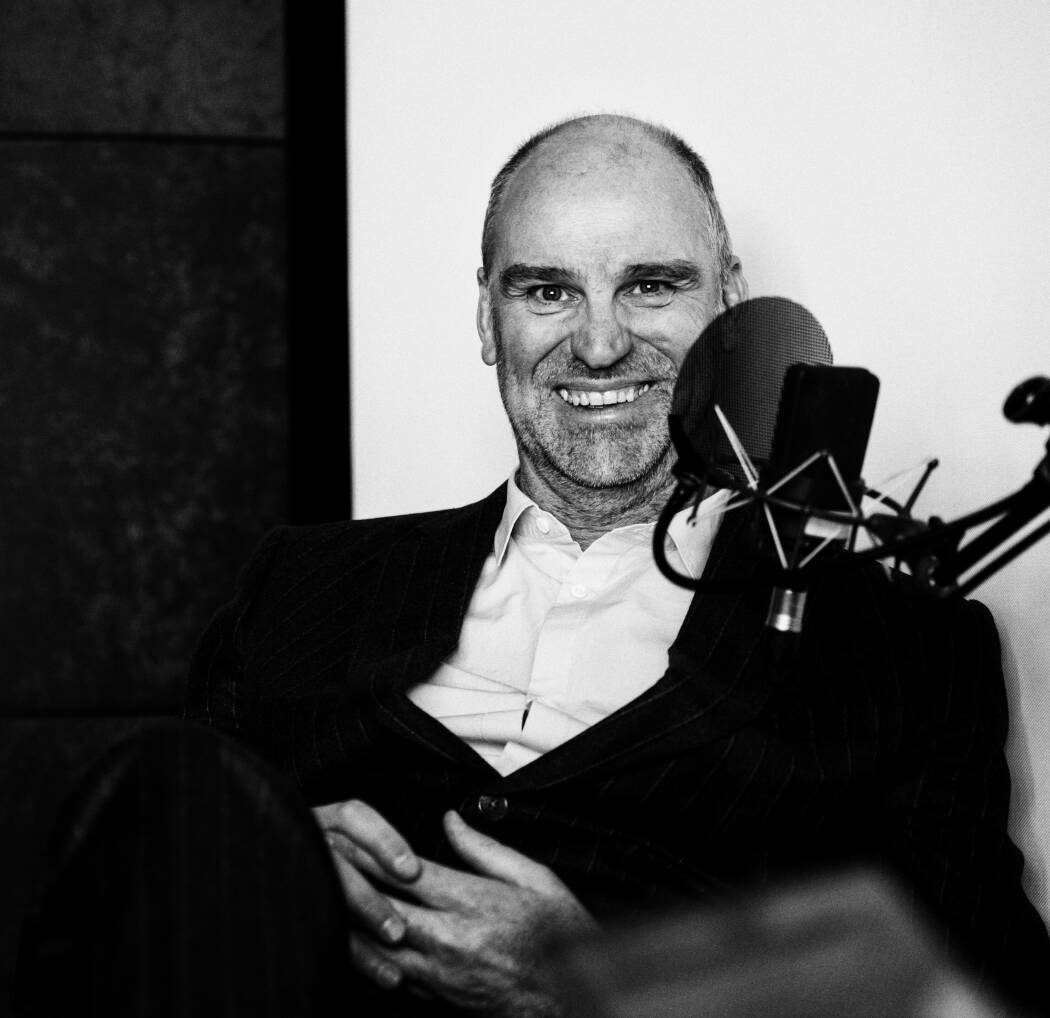
Related articles
READ MORE
Philippe Fimmers, Eight international
“Creativity was made investable”
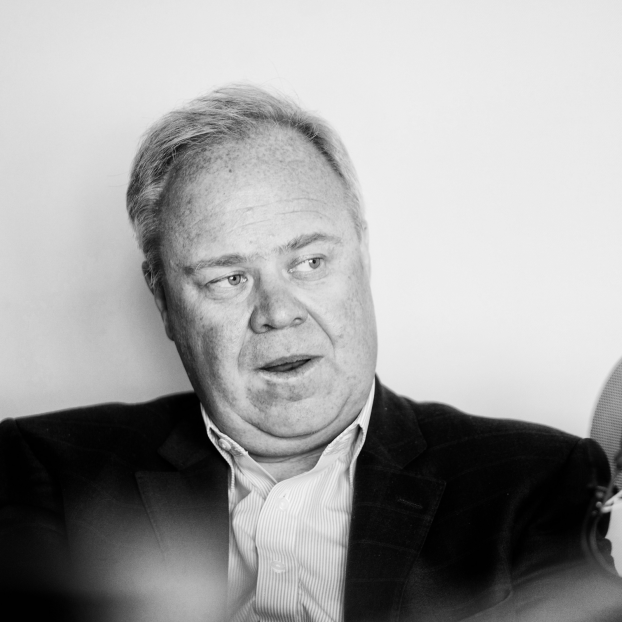
READ MORE
Frank Donck, managing partner
of 3d investors
“It’s all about the long term.”
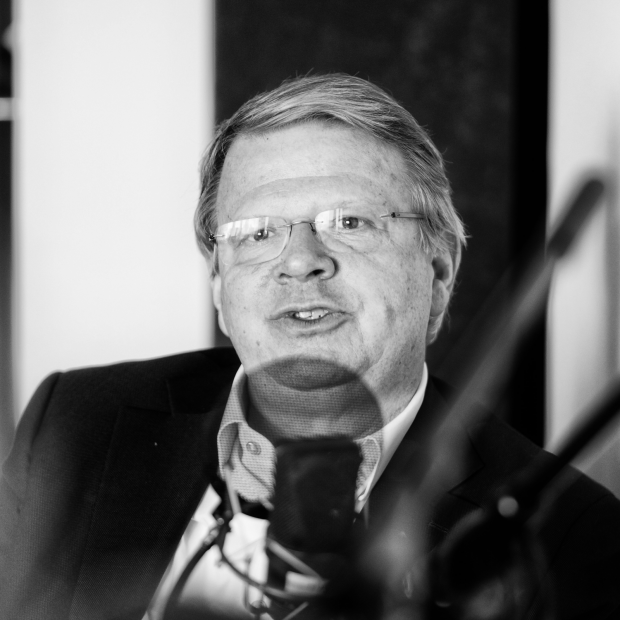
41 min. Dutch spoken
The story behind the transaction between Studio 100 and 3d investors
Rationalizing intuition.
Making the impossible possible.
PODCAST
Creativity and intuition are byproducts of one another. And, with left-brain data dominating education, politics, media, boardrooms, and breakrooms, a whole new approach is needed to solve the world’s problems. Leaders from financial consultancies and all industries must build awareness and skill around the three Ps. And when they do, work will become a place to express one’s ideas fully without fear of rejection, and businesses can solve big problems and provide more value, to more people, more quickly.
Conclusion
“The intuitive mind is a sacred gift, and the rational mind is a faithful servant. We have created a society that honors the servant and has forgotten the gift.” – Albert Einstein
If we don’t bring more intuition into businesses, we’ll see increased depression, helplessness, and frustration, soothed only by our phones bleeping “like” notifications. We’ll fill the void by acquiring stuff, keeping in mind that, as Jacob Needleman explains in The American Soul, “materialism is a disease of the mind starved for new ideas.”
The secret sauce for any financial consultancy will continue to be centered around advising their clients with the help of data analysis. In the future, however, they’ll weather the headwinds of data addiction and an overreliance on AI by trusting and nurturing the most human of characteristics: intuition.

The benefits of rational intuition
Today, our biggest challenges are not healthcare, poverty, political division, or even climate change – our biggest challenges are within ourselves: getting out of our own way, and finding and trusting our authentic, “intuitive” voice. With intuition, we make better decisions by accessing vast amounts of information and experience. We forge real connections with one another by profoundly listening. And we creatively solve our most significant challenges by seeing problems from different perspectives.
In A Whole New Mind, Daniel Pink discusses a critical by-product of intuition: creativity. “We are moving from an economy and a society built on the logical, linear, computer-like capabilities of the information age to an economy and a society built on the inventive, empathic, big-picture capability of what’s rising in its place, the Conceptual Age.”
Consider a model I created that links creativity – or play – with intuition. Called the “three Ps of the Intuitive Business Leader,” it’s designed to help leaders identify, trust, and have the courage to use their intuition.
In some organizations, the focus is on making “evidence-based decisions,” where only subject matter experts are allowed to speak up. And while company value statements encourage people to share their ideas, many organizations still dismiss anyone who can’t speak the language of data. Speaking up during a meeting – say with a client – based on no more than a “gut feeling” is often cause for being seen as flaky and unprepared. Sadly, when employees feel the need to keep quiet in overconfident organizations, it can create a company-wide blind spot – with devastating results. Take Blockbuster: it had the opportunity to buy Netflix but passed, and now has just one store standing, in Bend, Oregon. What would have happened if Blockbuster, Blackberry, and Kodak had cultures that valued data and intuition?
Rationalizing intuition
Alden Hayashi asserted in the Harvard Business Review that the higher up one goes in an organization, the greater the need for intuition because it makes leaders better listeners, decision-makers, problem solvers, and innovators.
In 2003, the US Army, which had prescribed a cumbersome decision-making strategy for decades, issued a new doctrine endorsing intuitive decision-making.
The New Jersey Institute of Technology studied the relationship between intuition and business success and found that 80% of executives whose companies’ profits had more than doubled in the past five years had above-average intuition skills.
Steve Jobs said in his biography that intuition is more important than analysis.
And according to the report about the Challenger and Columbia tragedies, “In both cases, engineers’ hunches (intuition) and concerns were disregarded by top management because of the absence of hard data.”
Over the last 30 years, we’ve run into numerous examples of leaders who have benefited by following their intuition:
Against the recommendations of his Board and leadership team members, the CEO of a large thrift retail company developed an innovative idea for a funding and social services organization. Following his intuition, he quickly got others on board and, in two years, built a staff of 30, secured partnerships with professional sports, and won support from the state government.
The new CEO of a healthcare enterprise inherited a culture of low trust, high turnover, and little innovation. Valuing the benefits of intuitive decision-making, he implemented a new team guideline that encouraged people’s hunches or gut feelings in conversations. Looking back, the team identified the introduction of intuition into the boardroom as the moment when the C-suite became a real team.

"Our biggest challenge is getting out of our own way and finding our authentic, intuitive voice."
More of Dean Newlund on 'the business of intuition'
Bio
Dean Newlund is the founder and CEO of Mission Facilitators International, a performance improvement company focused on helping organizations become more connected to their purpose and people. Using his experience as a facilitator, coach, and trainer, Dean has worked with companies of all shapes and sizes all around the world to improve their performance, grow engagement, and cultivate strong leadership. He is also the author of dozens of articles, a TEDx speaker, and the host of the podcast "The Business of Intuition."
The secret sauce of any successful financial consultancy is to build trusting relationships with clients by providing excellent advice based on an analysis of data. But two headwinds challenge that model. One, data-based decision-making misses the wisdom and innovative thinking that comes from intuition. Two, as AI makes more of our decisions, and we continue to expect the same speed and regurgitation of facts from each other as we do from Google searches, we’ll miss the opportunity for authentic, thoughtful, meaningful exchange.
Corporate website
©2023 Eight International

EXPERT VIEW - DEAN NEWLUND
Rationalizing intuition
Global value creation stories

